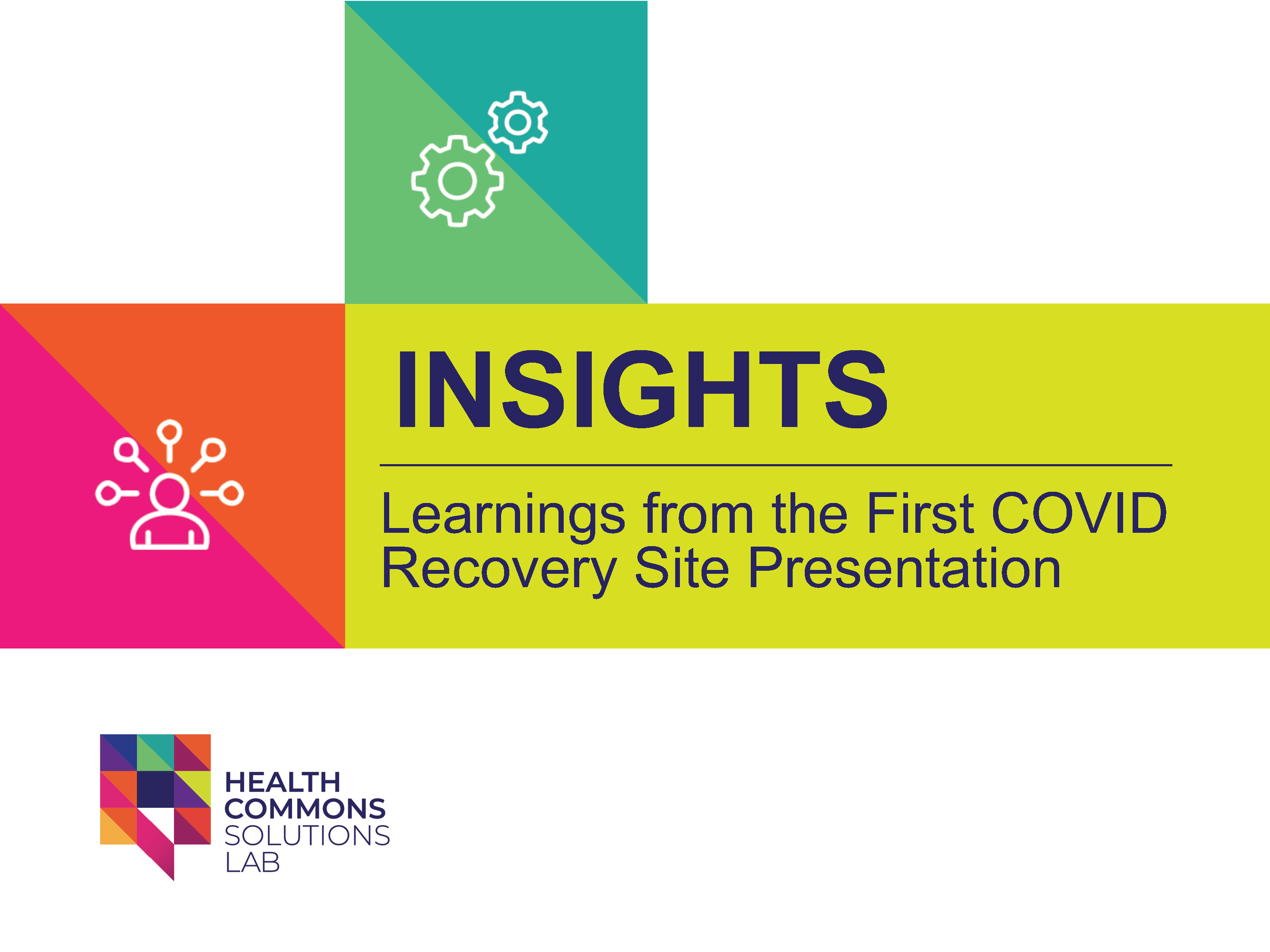Envisioning housing as whole-person care: Dinners at the Commons Recap
Our Dinners at the Commons offer a chance to unpack challenges that impact health care and bring together perspectives from different disciplines to ideate, share, and collaborate on solutions.
At the end of February, before the world was forever changed, we hosted city officials, public health representatives, housing sector experts, and activists for a Dinner at the Commons. Focused on housing in Toronto, we connected experts from across fields to learn from and talk with Dr. Nonie Brennan, Senior Advisor and Collaborating Faculty at Institute of Global Homelessness.
Dr. Brennan brings years of experience leading successful initiatives to reduce homelessness around the world - most notably as CEO of All Chicago - Making Homelessness History. Attendees agreed the time is now for Toronto to build on existing work, bolstered by proven strategies to reduce homelessness. Recognizing the city’s unique attributes, the discussion centered on learnings Toronto can leverage from cities around the world that are confronting similar challenges.
The ‘responsibility’ and ‘ownership’ of housing challenges in the city have long been debated. Too often, the strategies, conversations, and budgets result in siloed approaches that fail to address the complexity of homelessness. Advocacy and actions to improve access to housing and affordability in the Toronto are well-rooted, but now there seems to be a more pervasive understanding and renewed sense of urgency toward reducing homelessness.
The conversation generated tons of great ideas and insights, but there were a few resounding messages we're still thinking about months later:
Data is a game changer: Having high quality of data and putting a team of experts in place who can support, understand, and use that data is crucial to truly understand where the system is failing and flourishing. When Dr. Brennan's team was able to pinpoint where people were coming from when they became homeless, they were able to reduce the number of people entering the system for the first time in decades. This information opened the possibility of targeted housing stabilization initiatives to prevent homelessness for individuals.
Flexible funding matters: There is huge value in funding options that allow for prevention and interventions that are broadly spread out across partners. Different mechanisms ensure everyone has access to a small slush fund that people can use to avoid losing housing.
Funding requirements can create systems change: In Chicago, Dr. Brennan shared that one of the greatest levers for change was requiring anyone receiving government funding for work related to housing people experiencing homelessness, was that they must practice a housing first strategy. Aligning goals with financial incentives meant that those goals were unified and, ultimately, achieved.
We left the conversation with a call to action for the health care system:
We need to pay attention to our role in mental health and how it connects to housing acquisition, stability, and the making of a home.
Trauma, as a contributing or underlying cause of homelessness, and trauma experienced due to homelessness are common amongst many people who are vulnerably housed. This is a factor that health care can directly impact. It's a reciprocal relationship and, in order to make our investments in the social determinants of health sticky, we must (re)consider the kind of supports, assets, and services we can provide as allies in an effective housing strategy.
There are lots of strategies to make that investment sustainable. The 10 Year Mental Health Strategy from Ontario Health offers one such opportunity for change. Formal and informal supports must work together to be effective. United in our goals, we can make a difference.






